T4K3.news
West Sets Timebound Path to Palestinian State Recognition
Blinken proposes a three-year, conditions-based timeline for recognizing a Palestinian state amid the Gaza crisis and shifting Western positions.
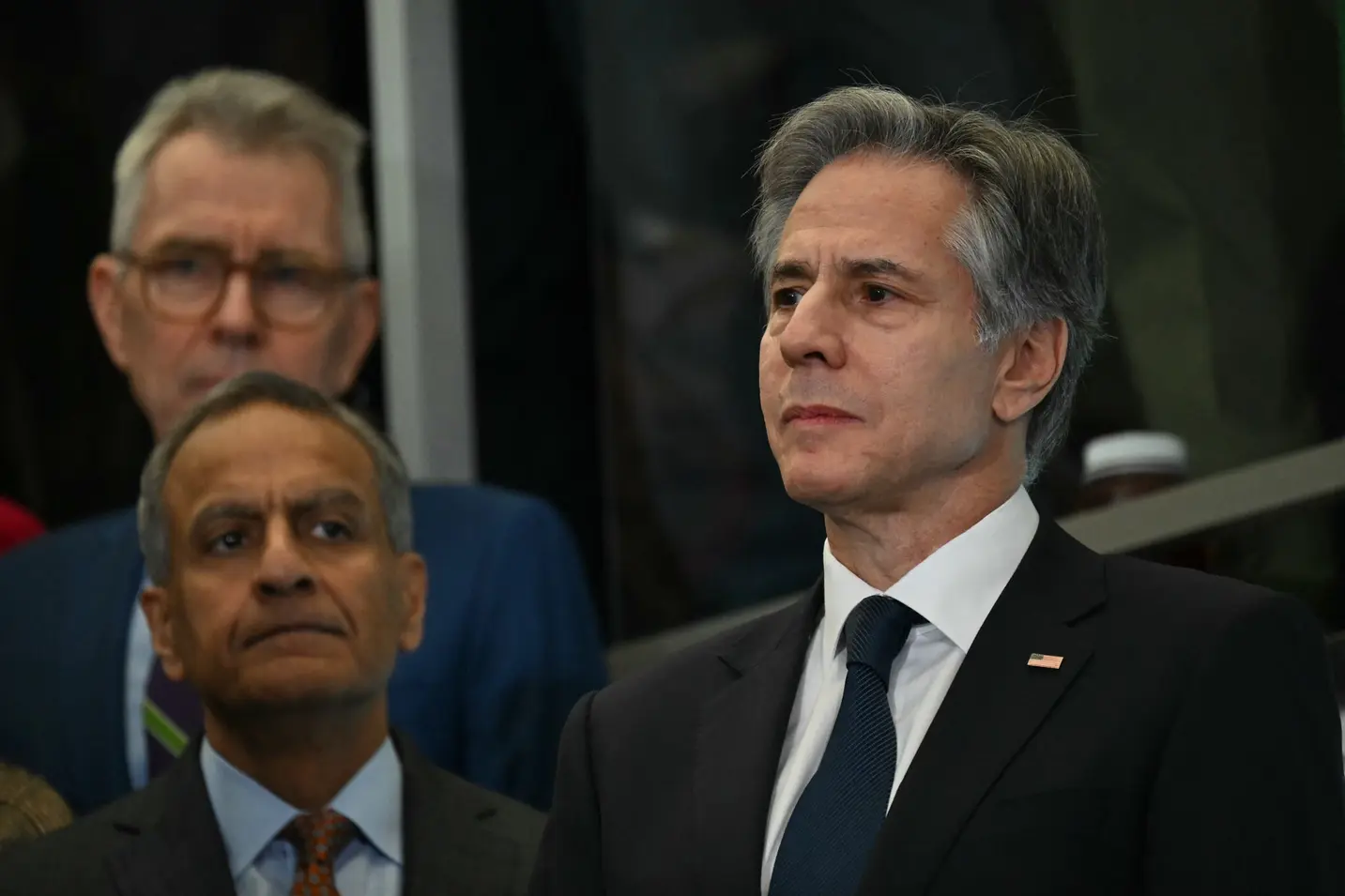
Blinken urges a three-year, conditions-based route to recognizing a Palestinian state amid the Gaza crisis and Western debates on September recognitions.
West Sets Timebound Path to Palestinian State Recognition
Blinken argues in a Wall Street Journal op-ed that Western plans to recognize a Palestinian state in September are well intended but misapplied. With Gaza's humanitarian crisis deepening and hostages still in peril, he says urgent relief, hostage recovery, and a viable Gaza exit plan should come before any formal state recognition. He concedes that Israel has achieved two war aims in Gaza but notes a full withdrawal plan is missing and a repeat of Hamas control remains a risk if not properly addressed.
He adds that recognizing Palestine is necessary to win Arab support for governance and security assistance, but insists recognition must be conditional. He proposes a three-year, time-bound path that sets clear start and end points, with milestones that ensure a Palestinian state prioritizes building institutions over confrontation and excludes Hamas from leadership and militias. He notes Australia will recognize a Palestinian state in September as part of a broader Western trend, a move that Israel has labeled a reward for terror and that the United States has warned could help or hurt peace efforts depending on its design and execution.
Key Takeaways
"Talk of two states can wait."
Blinken emphasizes urgency of Gaza crisis over formal recognition
"unconditionally recognizing Palestine won’t produce a Palestinian state"
Blinken warns against empty recognition
"recognition should also be conditions based."
Blinken ties recognition to governance and security
"the prevailing assumption that the creation of a Palestinian state would solve all issues was absurdity."
Netanyahu reaction cited in piece
Blinken’s plan tries to balance moral impulse with practical leverage. Linking recognition to concrete reforms could push Palestinian governance in a more credible direction, yet it risks turning statehood into a moving target and heightening tensions if milestones falter. The emphasis on security guarantees and Hamas exclusion raises difficult verification questions and could become a bargaining shield for hardliners on both sides.
The strategy also reframes how Western capitals approach diplomacy in a region where public opinion and domestic politics matter as much as battlefield realities. By engaging Arab partners and tying aid to governance, the plan may broaden regional influence but could also complicate relations with allies wary of conditional diplomacy. The question now is whether a sunset clause can produce lasting peace or merely delay it while critics argue that recognition should reflect moral urgency rather than deadlines.
Highlights
- Talk of two states can wait.
- unconditionally recognizing Palestine won’t produce a Palestinian state.
- recognition should also be conditions based.
- the prevailing assumption that the creation of a Palestinian state would solve all issues was absurdity.
Political sensitivity and potential backlash around Palestine recognition
The push for recognition touches on fragile alliances and domestic political divides in Western capitals. Framing recognition as conditional raises questions about enforceability and could prompt backlash from hardliners on both sides. It also risks misinterpretation by publics and increases diplomatic tensions as September recognitions approach.
The coming months will test whether politics can keep pace with humanitarian needs.
Enjoyed this? Let your friends know!
Related News
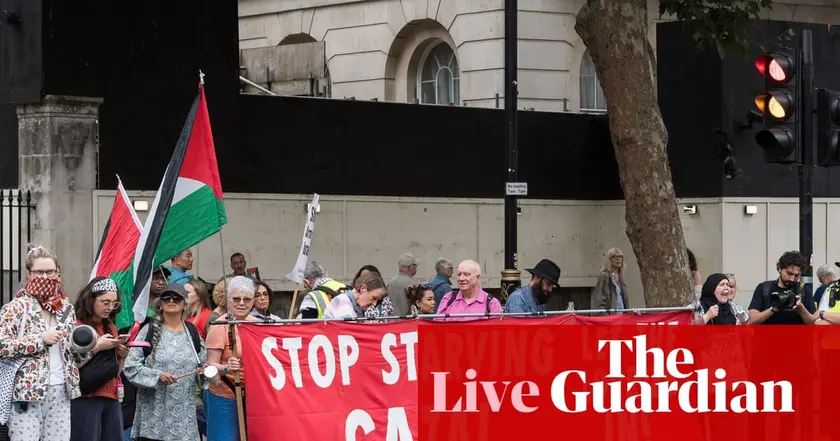
Reynolds defends Palestinian state recognition
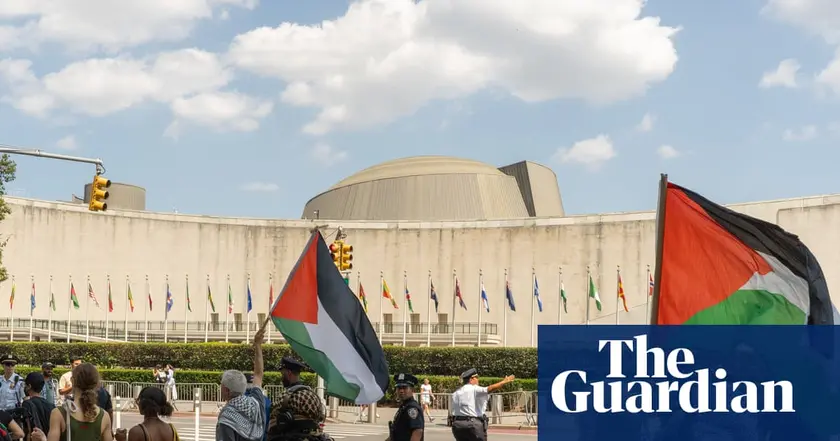
UK commits to recognizing Palestinian state at UN
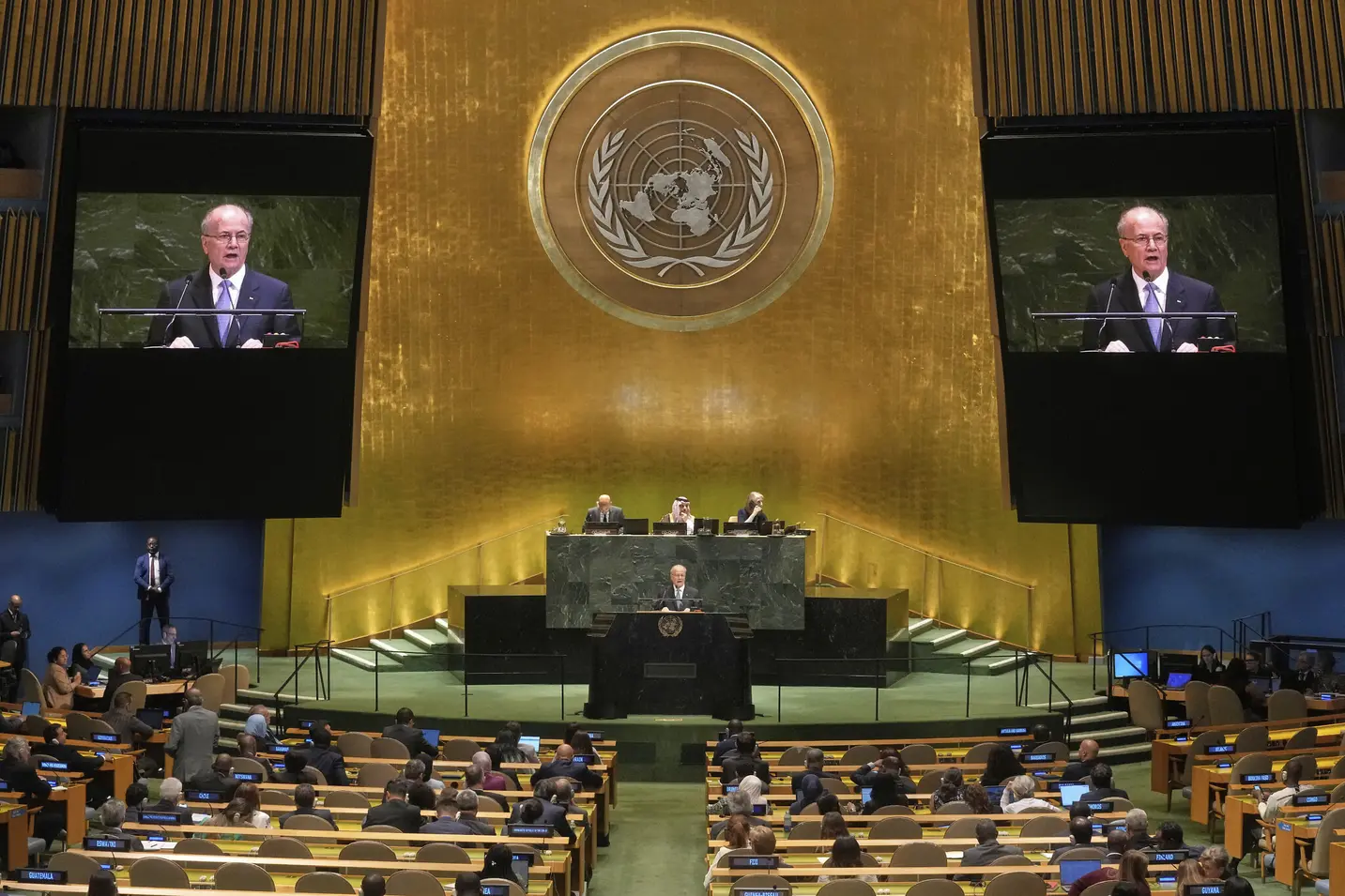
Arab League condemns Hamas and urges disarmament
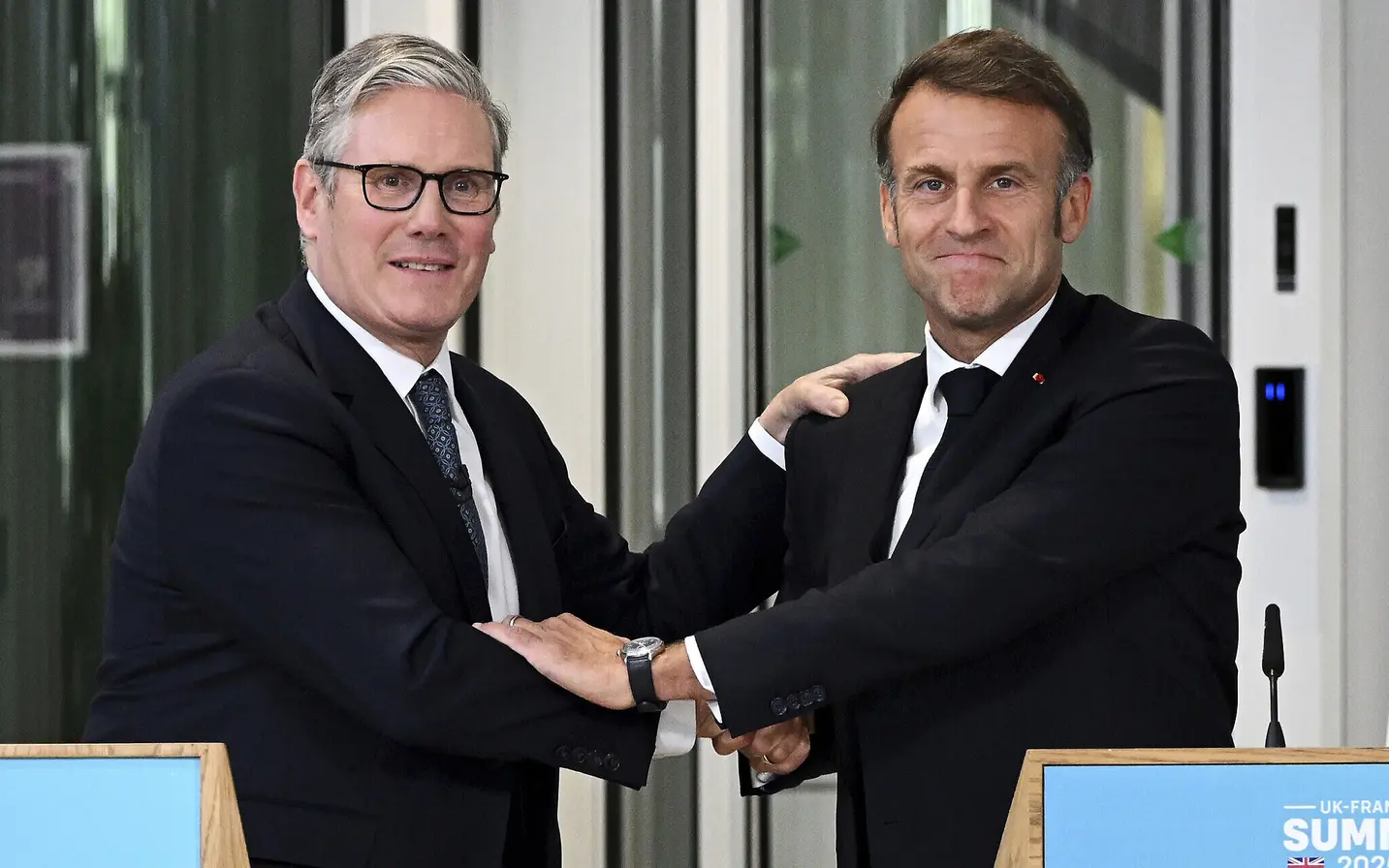
Western leaders threaten to recognize Palestinian state
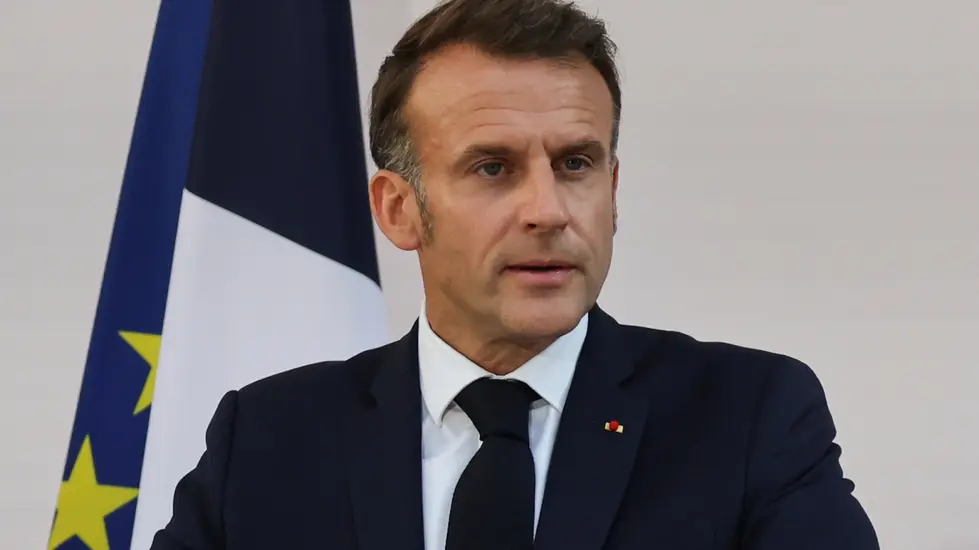
France officially recognizes Palestine as a state

High-level U.N. meeting on Israel-Palestine begins this week

E1 settlement moves closer to approval
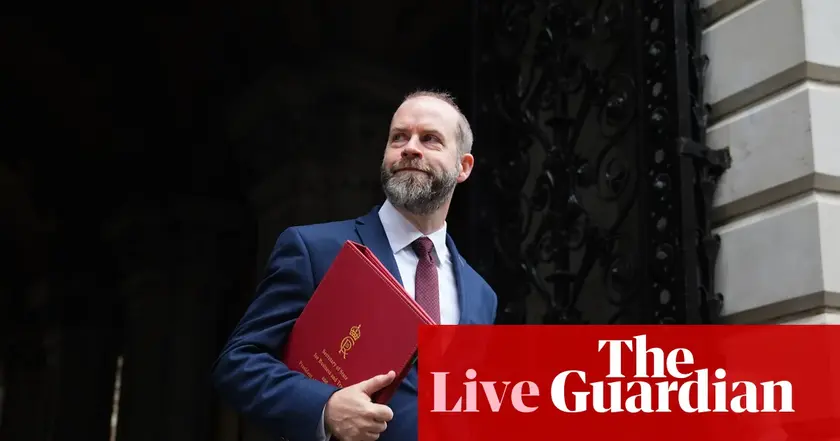
UK government commits to recognizing Palestinian state
